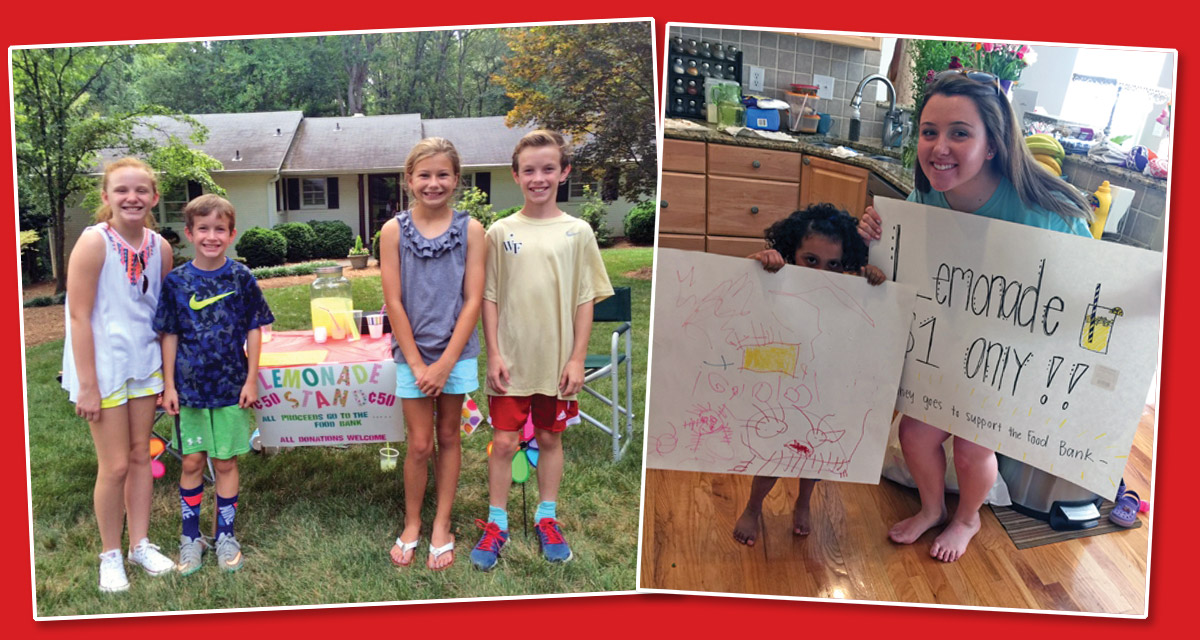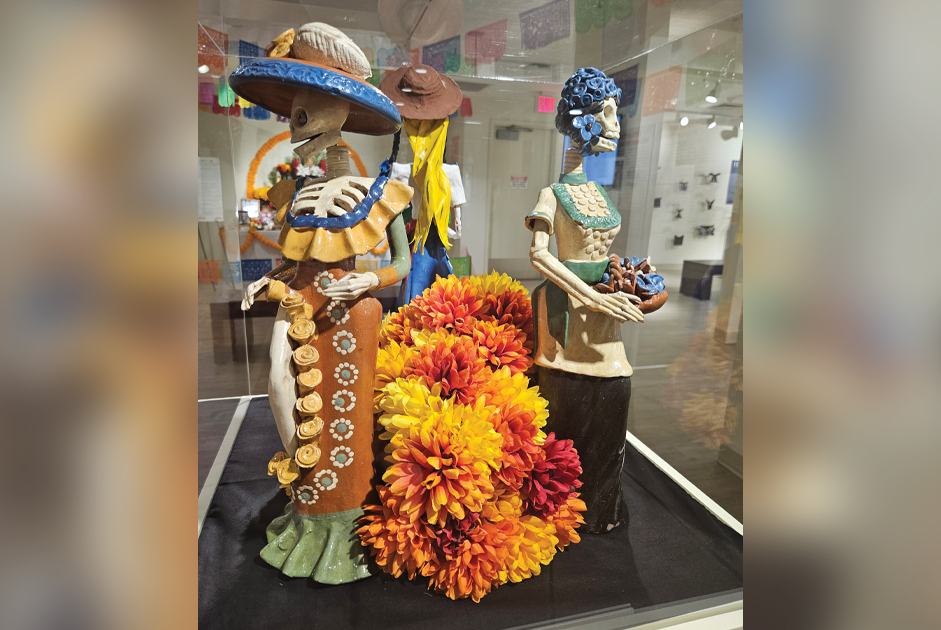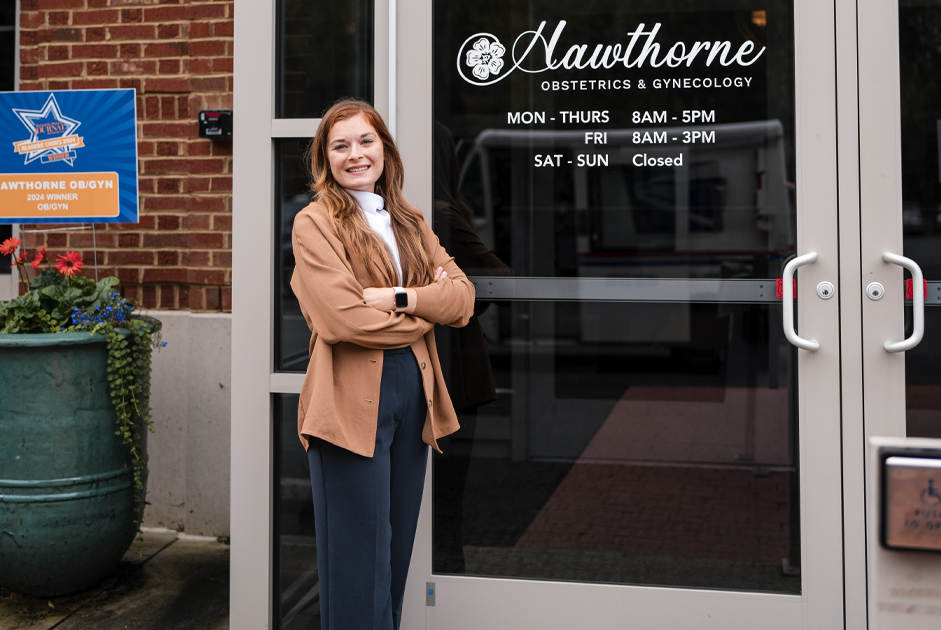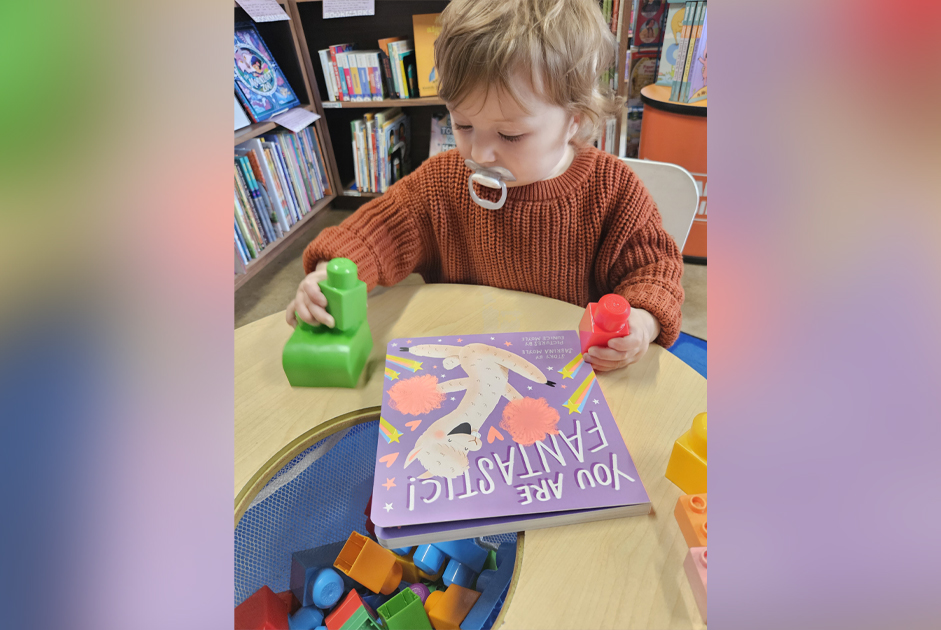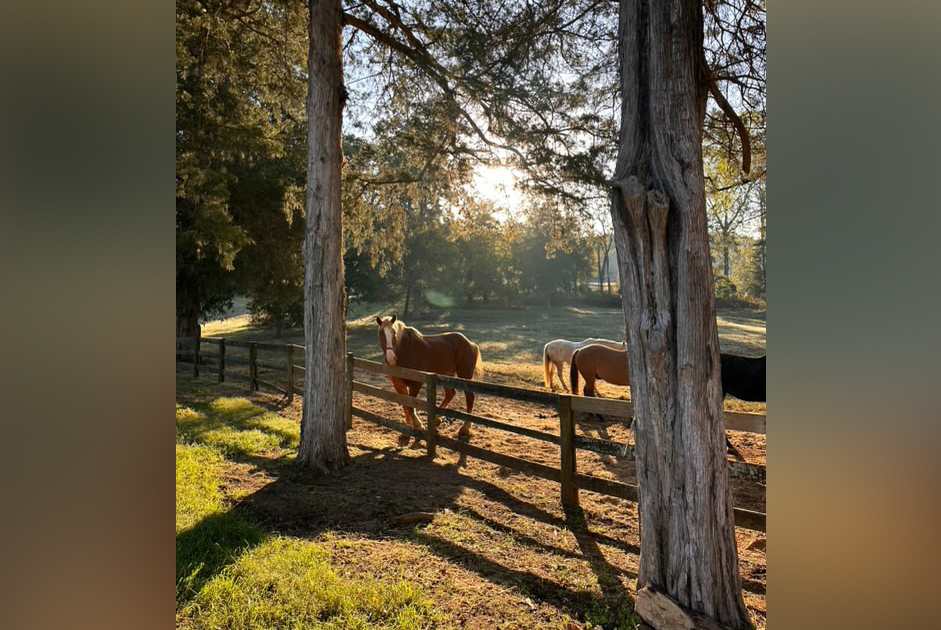- Talk to your children about poverty. According to Forsyth Futures, the poverty rate in this county has generally been increasing since 2006 and levels of economic mobility remain very low. For younger children, a good way to introduce issues of hunger and poverty is through picture books. We recommend Maddi’s Fridge by Lois Brandt, Uncle Willie and the SoupKitchenby DyAnn DiSalvo, and One Potato, Two Potato by Cynthia DeFelice.
- Teach your children to take action about what they have learned. Conduct a food drive in your neighborhood, collecting healthful non-perishable food for families in need. Food drives are a great way to teach our children about giving, but also about the food groups and healthful eating. You can talk to your children about why all people need and deserve healthful, nutritious food. Second Harvest Food Bank has great materials on their website about the best foods to donate.
- Take a family food waste challenge. 40% of food produced in this country (nearly half!) goes to waste. Food is wasted at every point along the food chain, from farms and fishing boats to processing and distribution, to retail stores and restaurants, and even at home. Edible, quality food should never be destined for the trash can! From the grocery store to the cutting board to the fridge, we can cut back on food waste in our homes. Talk to your family about food waste and set goals to reduce the food that ends up uneaten in your home.
- Roll up your shirt sleeves and volunteer. Volunteering is a great way to get your children involved in the community and open their hearts to the needs of others. Families with children over the age of 12 can volunteer in the Second Harvest Food Bank warehouses, helping to inspect and sort reclaimed and donated food. Families with younger children can help out at the Jim and Betty Holmes Food Bank Garden, watering, weeding and harvesting fresh food for families in need. Second Harvest’s large network of partner programs is also frequently looking for volunteers. To find out more about these opportunities, visit hungernwnc.org.
- Bring it home. Most of us, no matter where we live, live close to families experiencing poverty. Whether they are in our own families and neighborhoods, or if they are working at a local store where we shop, every day we interact with people struggling to make ends meet. Chances are, your children go to school with kids who come from families that are food insecure. When the back-to-school time draws closer, contact your school to see if they have a BackPack program, and ask if there are any special back-to-school needs that your children’s peers may have. Remind your children that kids who are food insecure are likely also facing other unmet needs.
Sometimes giving close to home helps not only to change the lives of others, but to change our own lives as well.
Local Families Need Help This Summer. Summertime is an expensive time for low-income families. For only $26, you can help feed a mother and child for a month this summer. Visit hunger4adventure.org to make your tax-deductible gift to Second Harvest Food Bank of Northwest North Carolina.
Post Views: 1,009

